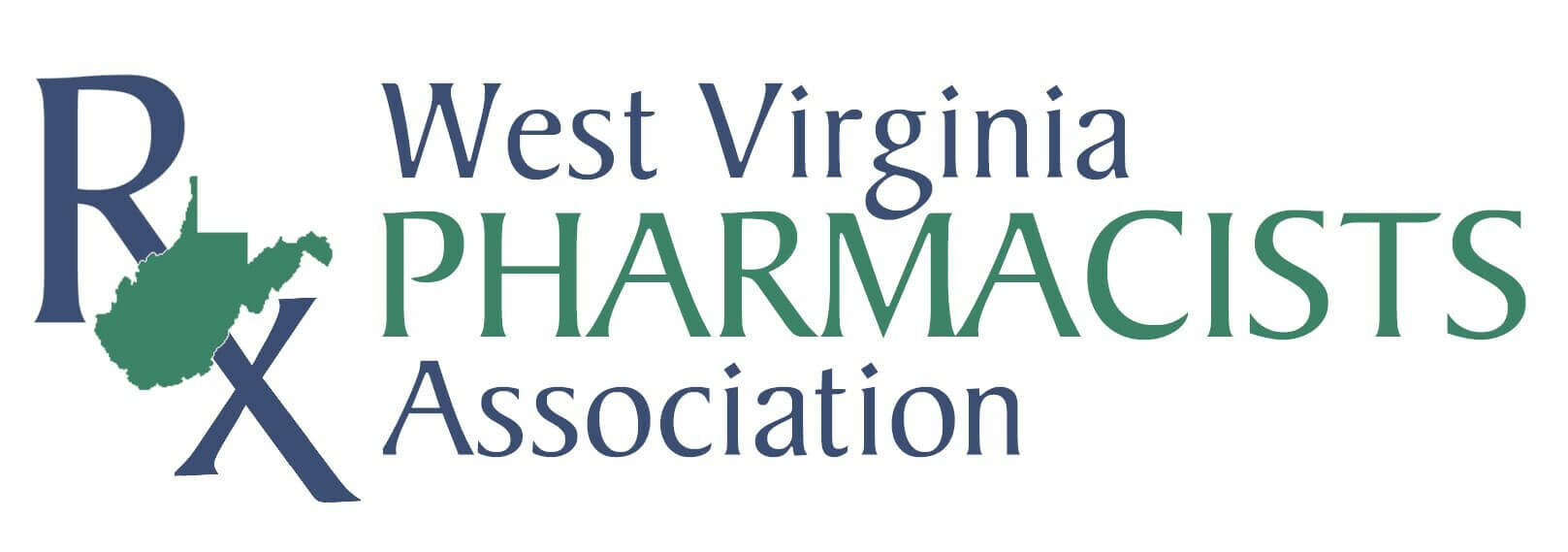
Collaborative Practice
Collaborative practice empowers pharmacists to work alongside physicians and other healthcare providers, optimizing patient outcomes through shared decision-making, enhanced medication management, and improved continuity of care, ultimately leading to safer, more effective, and more efficient healthcare delivery. Collaborative practice among pharmacists, physicians, and other healthcare providers is essential to address the pressing healthcare challenges in West Virginia, particularly the shortage of primary care providers.
Healthcare Provider Shortages in West Virginia
West Virginia faces significant shortages in healthcare professionals, exacerbated by an aging population and increasing service demand. Key statistics include:
-
Physician Shortage: The state is projected to experience a 14% shortage of physicians by 2030, with a current shortfall of 190 primary care providers to meet population demand. Source: scitechpolicy.wvu.edu
-
Nursing Shortage: Registered nursing professions have a vacancy rate of 19.3% and a turnover rate of 26.3%, leading to reduced hospital capacity and increased strain on healthcare systems. Source: scitechpolicy.wvu.edu+2West Virginia Public Broadcasting+2WVNS-TV+2
-
Hospital Staffing Issues: Despite having 6,700 hospital beds, only 4,750 were staffed as of August 2022, highlighting the extent of staffing shortages. Source: West Virginia Executive
The Role of Collaborative Practice
In response to these shortages, collaborative practice models that integrate pharmacists into healthcare teams can enhance patient care and optimize resource utilization. Pharmacists can:
-
Manage Chronic Conditions: Pharmacists can assist in managing chronic diseases such as diabetes and hypertension, reducing the burden on primary care physicians.
-
Medication Therapy Management: They can provide medication therapy management services, ensuring appropriate use of medications and preventing adverse drug events.
-
Health Screenings and Immunizations: Pharmacists can conduct health screenings and administer immunizations, increasing access to preventive care.
By leveraging the expertise of pharmacists, healthcare teams can provide more comprehensive care, especially in underserved areas with limited access to primary care providers.
WV Pharmacists Association supports adopting collaborative practice models that include pharmacists as a strategic approach to mitigate the effects of healthcare provider shortages in West Virginia, ensuring that West Virginians receive the timely and effective care they deserve.
